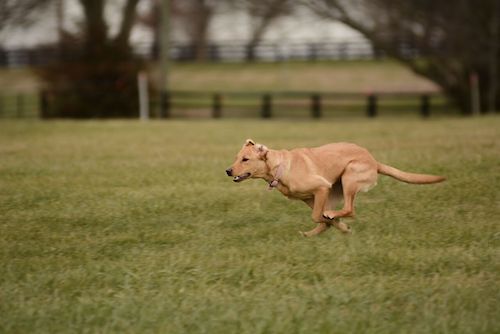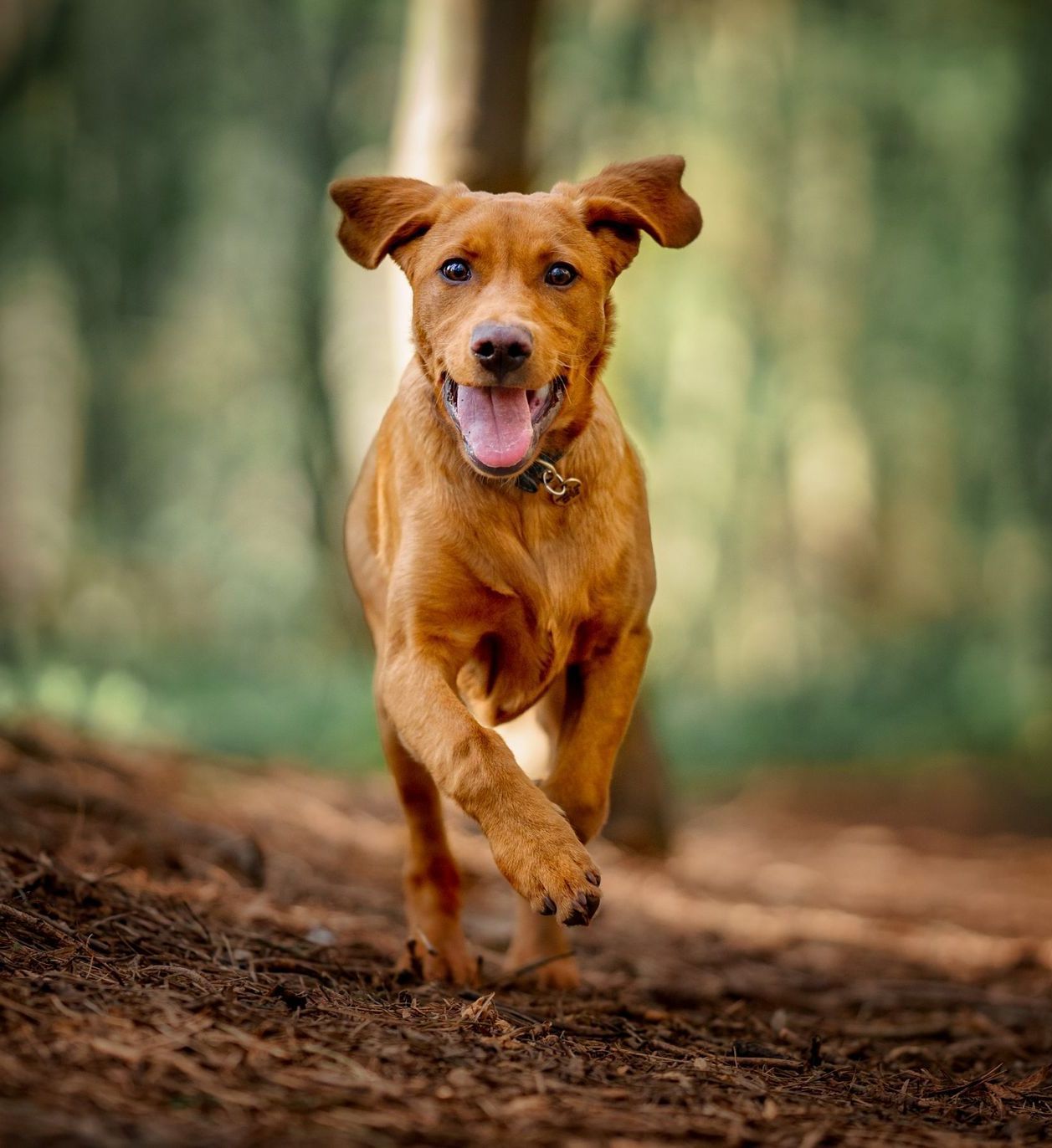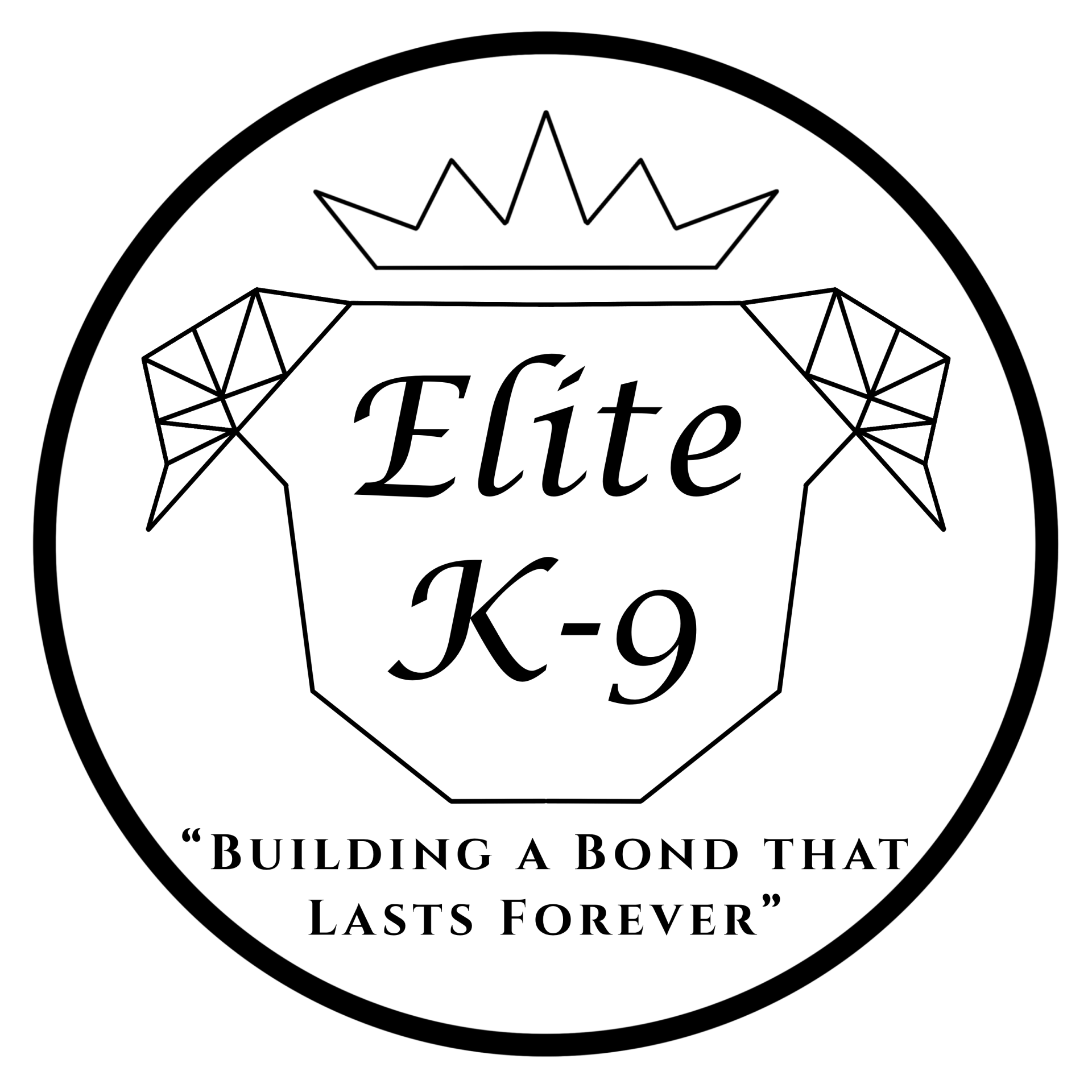Corpus Christi Dog Training Perfect Recall
The Importance of Reliable Recall
A reliable recall—where your dog comes immediately when called—is one of the most valuable skills a dog can learn. Whether you’re hiking off-leash, navigating busy parks, or simply calling your dog in from the backyard, perfect recall can be life-saving. But achieving it takes more than just repetition—it’s about trust, consistency, and making yourself more rewarding than distractions.
Before expecting perfect recall outdoors, establish it in a distraction-free environment like your home or fenced yard. Begin by using a cheerful, consistent cue such as “Come!” or “Here!” paired with your dog’s name. Always reward generously in the beginning—use high-value treats, enthusiastic praise, toys, or anything your dog loves. Avoid using the recall cue when you're going to do something your dog dislikes, like ending playtime or giving a bath. You want your dog to associate coming to you with positive experiences, not disappointment or punishment.
One of the simplest ways to strengthen recall is through the name game. Have two people stand on opposite sides of a room or yard, and take turns calling your dog. Each person rewards the dog with treats and praise when they arrive. Gradually increase the distance and level of distraction over time.
Speak With A Dog
Training Expert
Speak With A Dog Training Expert
Thank you for contacting us!
We will contact you shortly!
Please try again later.
The Importance of Reliable Recall
A reliable recall—where your dog comes immediately when called—is one of the most valuable skills a dog can learn. Whether you’re hiking off-leash, navigating busy parks, or simply calling your dog in from the backyard, perfect recall can be life-saving. But achieving it takes more than just repetition—it’s about trust, consistency, and making yourself more rewarding than distractions.
Before expecting perfect recall outdoors, establish it in a distraction-free environment like your home or fenced yard. Begin by using a cheerful, consistent cue such as “Come!” or “Here!” paired with your dog’s name. Always reward generously in the beginning—use high-value treats, enthusiastic praise, toys, or anything your dog loves. Avoid using the recall cue when you're going to do something your dog dislikes, like ending playtime or giving a bath. You want your dog to associate coming to you with positive experiences, not disappointment or punishment.
One of the simplest ways to strengthen recall is through the name game. Have two people stand on opposite sides of a room or yard, and take turns calling your dog. Each person rewards the dog with treats and praise when they arrive. Gradually increase the distance and level of distraction over time.
Speak With A Dog
Training Expert
Speak With A Dog Training Expert
Thank you for contacting us!
We will contact you shortly!
Please try again later.


Supervision with Corpus Christi Dog Training for Recall
When moving outdoors, use a long leash or training line (15-30 feet) to maintain control while allowing your dog to explore. Practice calling your dog back randomly, rewarding every successful recall with excitement and treats. If they ignore you, gently guide them back using the line—never yank or punish, but help them associate coming back with a positive outcome.
Dogs often ignore recall because what they’re doing is more fun than coming to you. To fix this, become the most exciting thing in the area. Vary your rewards (rotating treats, tug toys, or short games of chase). Act playful, use a high-pitched voice, and occasionally run in the opposite direction when calling—this activates your dog’s prey drive and makes them more likely to chase after you.
Once your dog has a solid recall, begin randomizing the rewards. Sometimes they get a jackpot (a handful of treats), sometimes just praise or a short tug game. This variable reinforcement keeps them guessing and eager to respond—like a slot machine payout, it makes them more motivated to try.
Avoid calling your dog repeatedly if they don’t come right away. Instead, move closer, get their attention, or change the situation so you can succeed. Overusing the recall cue without reinforcement teaches them that it’s optional.
Always aim to end recall training sessions with a success. If they ignore the last cue, try again in a simpler context before wrapping up. Leave your dog feeling successful and eager to work with you again.
Perfect recall doesn’t happen overnight—it takes time, consistency, and a relationship built on trust. But once achieved, it offers freedom, safety, and a deeper connection between you and your dog.
Supervision with Corpus Christi Dog Training for Recall
When moving outdoors, use a long leash or training line (15-30 feet) to maintain control while allowing your dog to explore. Practice calling your dog back randomly, rewarding every successful recall with excitement and treats. If they ignore you, gently guide them back using the line—never yank or punish, but help them associate coming back with a positive outcome.
Dogs often ignore recall because what they’re doing is more fun than coming to you. To fix this, become the most exciting thing in the area. Vary your rewards (rotating treats, tug toys, or short games of chase). Act playful, use a high-pitched voice, and occasionally run in the opposite direction when calling—this activates your dog’s prey drive and makes them more likely to chase after you.
Once your dog has a solid recall, begin randomizing the rewards. Sometimes they get a jackpot (a handful of treats), sometimes just praise or a short tug game. This variable reinforcement keeps them guessing and eager to respond—like a slot machine payout, it makes them more motivated to try.
Avoid calling your dog repeatedly if they don’t come right away. Instead, move closer, get their attention, or change the situation so you can succeed. Overusing the recall cue without reinforcement teaches them that it’s optional.
Always aim to end recall training sessions with a success. If they ignore the last cue, try again in a simpler context before wrapping up. Leave your dog feeling successful and eager to work with you again.
Perfect recall doesn’t happen overnight—it takes time, consistency, and a relationship built on trust. But once achieved, it offers freedom, safety, and a deeper connection between you and your dog.
